Traditional vs Digital Art
Mon Feb 03
thoughts, learning
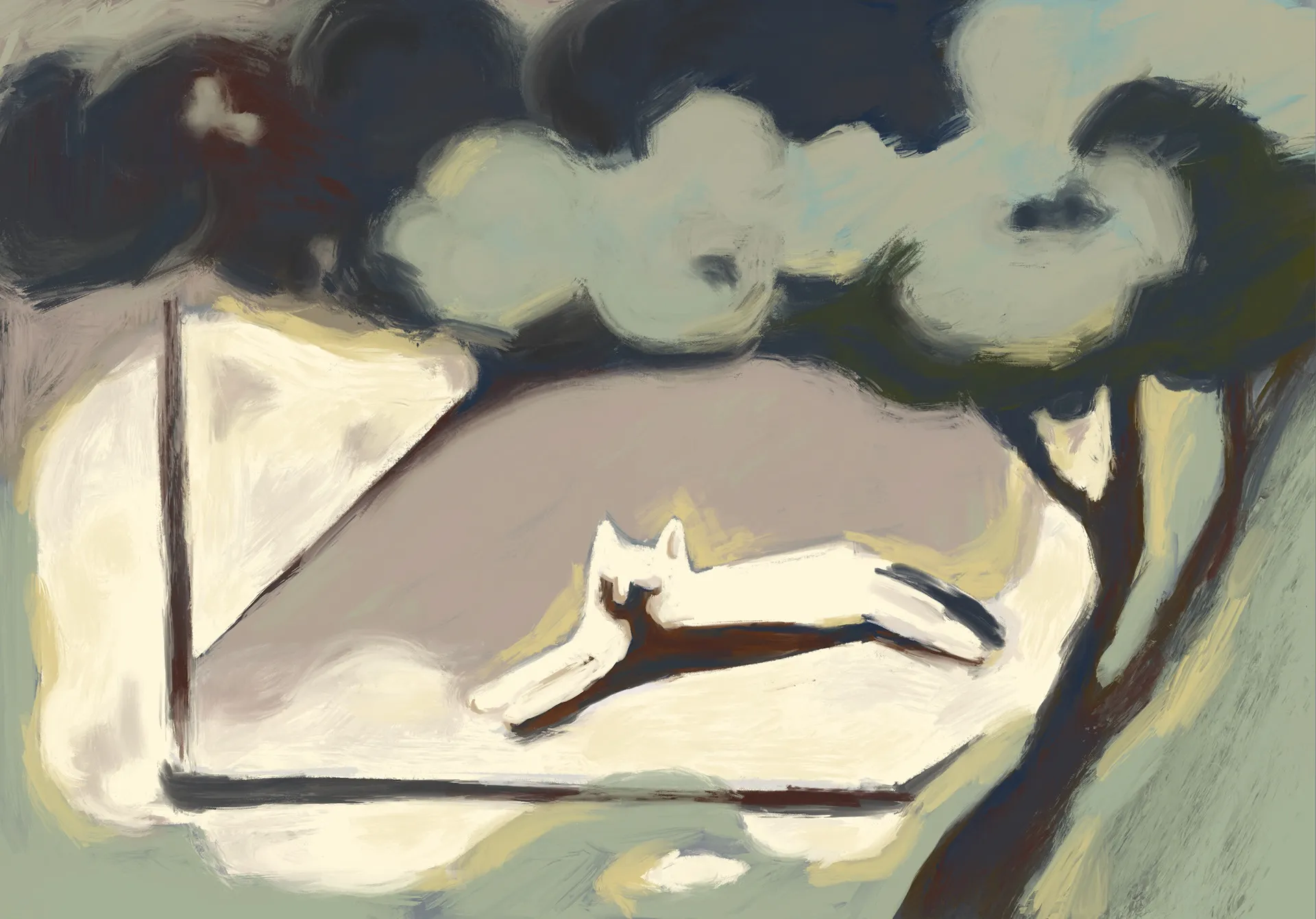
New Times - New Art?
Lately, it seems like everyone is only drawing and painting digitally. Digital art is practical, portable, and scalable. With my tablet, I can sketch on the go, ensuring I never miss an opportunity to create. But is this a good thing for a creative, or just another attention-span-killing habit of the digital age?
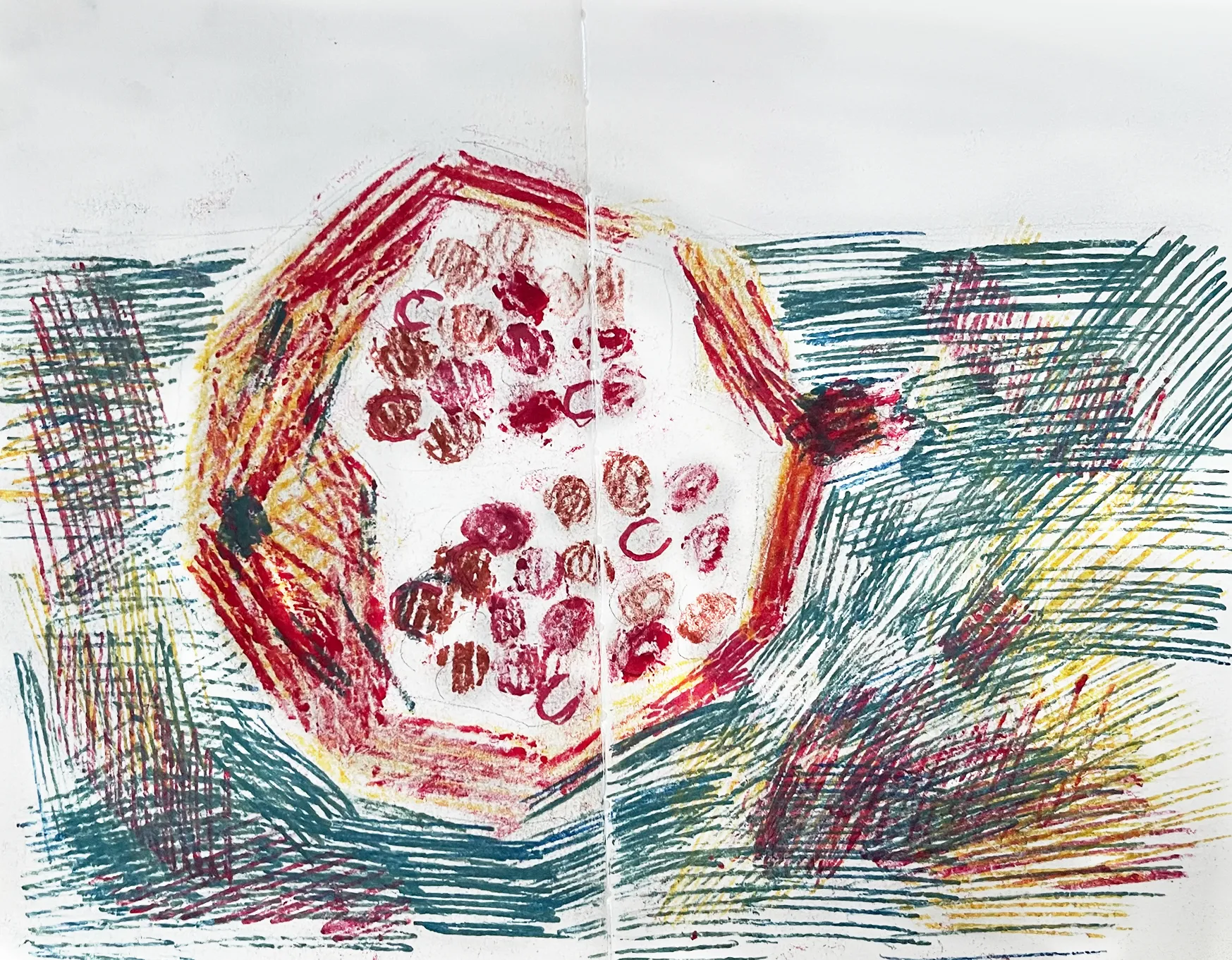
Technology and Convenience
Modern technology aims to make our lives easier, removing all possible points of friction between us and our passions. By optimizing every step and action, it promises an excess of free time and energy that we can invest into our craft. Yet, somehow, I don’t feel more energized, organized, or inspired since modern tech has taken over my life. On the contrary, I feel stressed and unable to stop the grind. I find this to be an inspiration killer and the ultimate creative blocker.
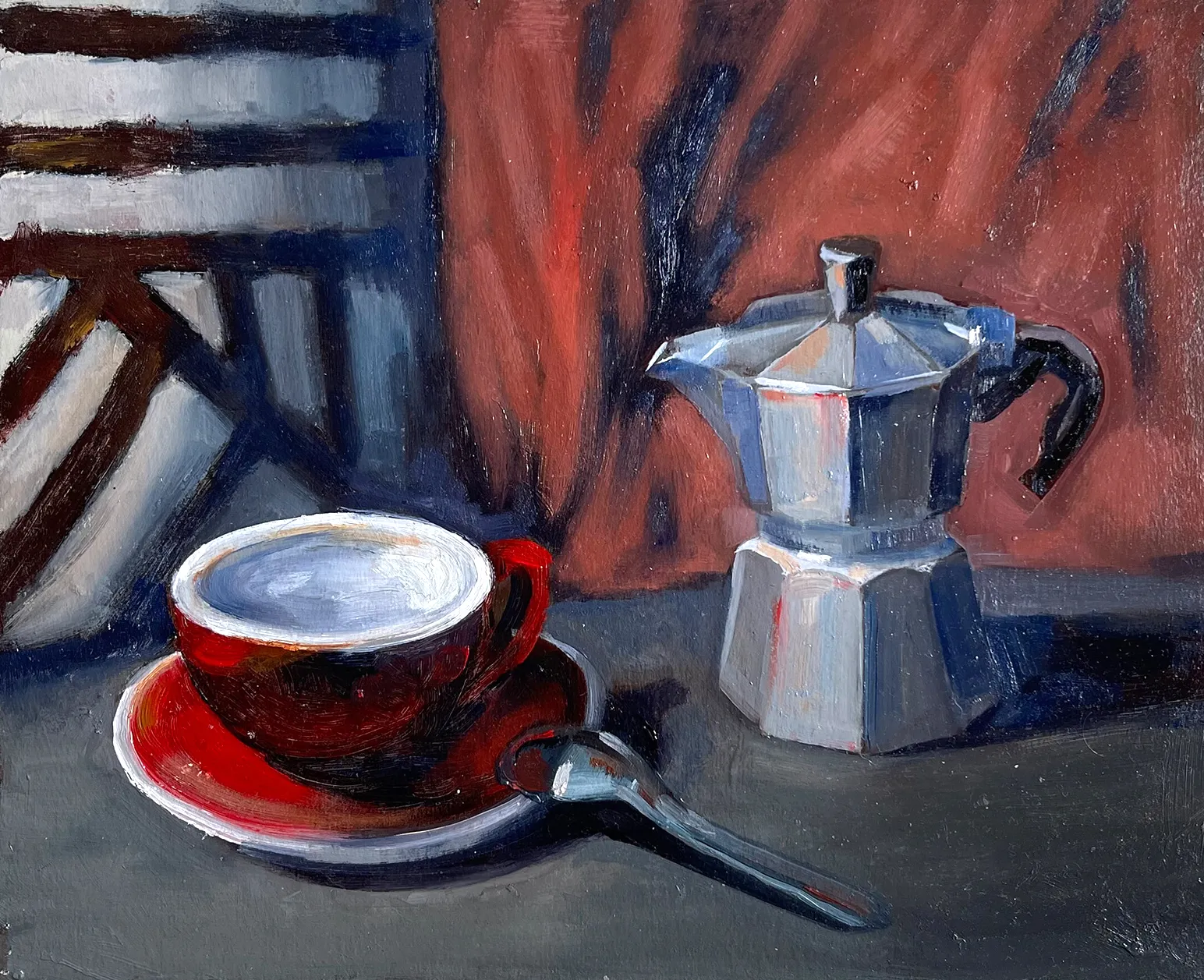
“Real” Art
I used to lose myself in my studio among papers, canvases, and art materials, free from connections and distractions. I believe this is essential for creativity and wholesome productivity. Now, it seems like I’m missing out on something every time I’m offline. This isn’t helpful when I’m working on devices that have multiple functions and internet access. I’ve developed this false sense of needing to be constantly up-to-date on everything.
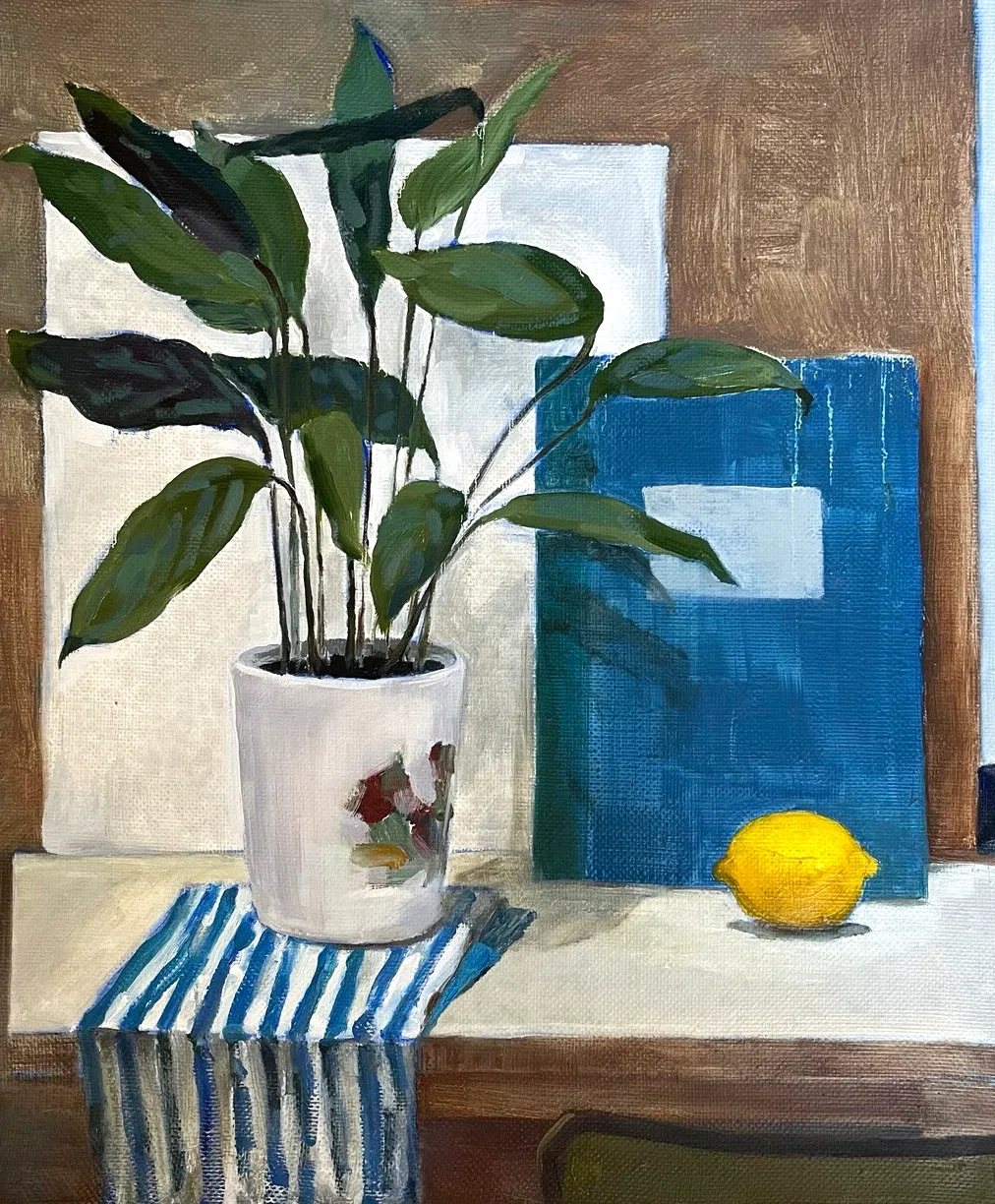
Everything Needs Space and Time
What does all this have to do with digital art, you might ask? After all, it’s not necessary to be connected to the internet to sketch and draw on your tablet. That’s something I’ve been practicing lately—I pretend that my tablet isn’t a tech device with all the connectivity in the world at my fingertips. I’ve disabled all notifications so nothing can disturb me while I’m in the zone. With traditional art, I’m naturally offline, so I try to recreate this experience when working digitally. Of course, I prefer the feel of real materials and the smell of paint to working on a cold screen, producing a simulation of an image where I can press Ctrl + Z to fix my “mistakes.” But I also believe digital art is inevitable and crucial for most modern artists.
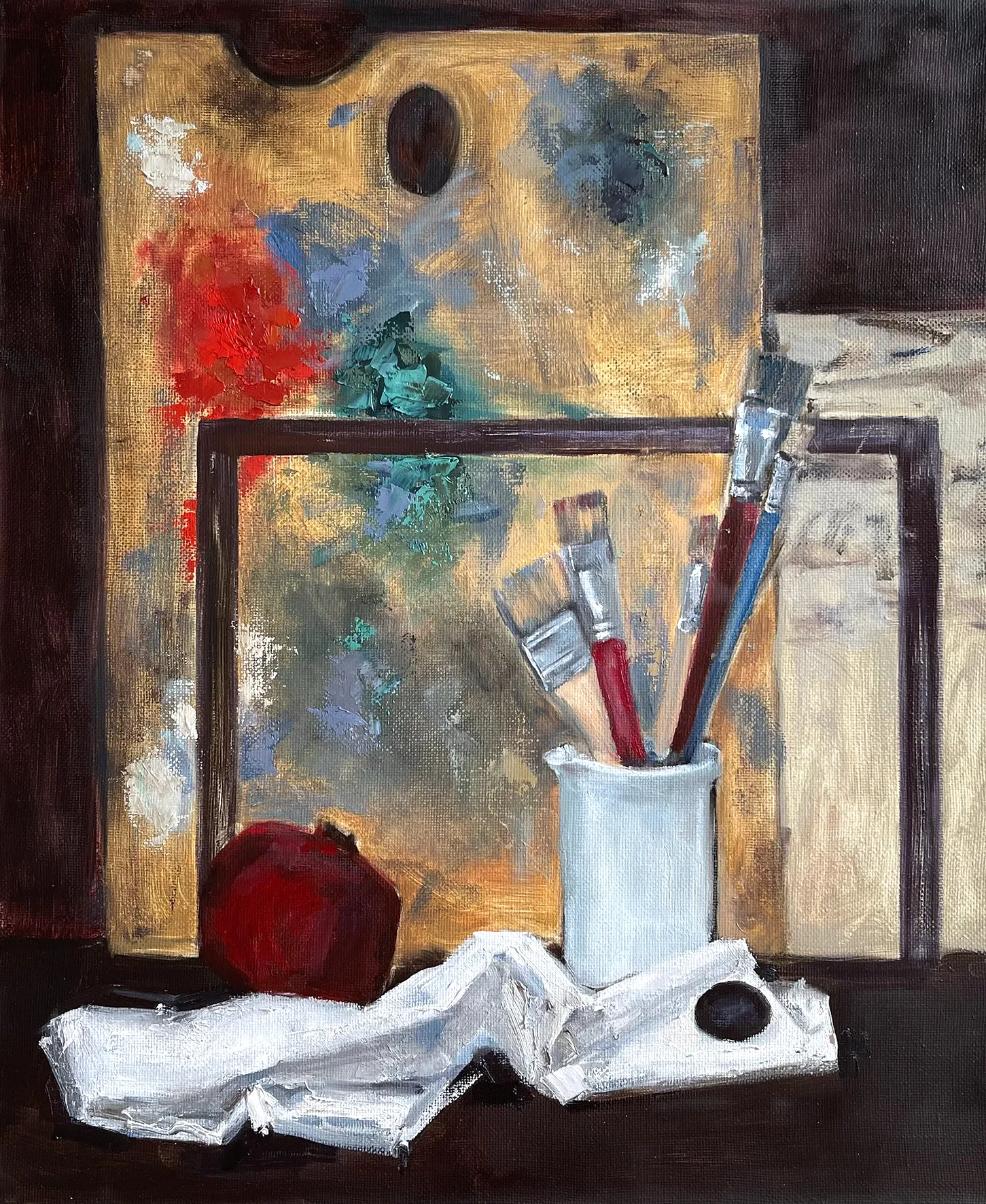
Neither Good Nor Bad, It Just Is
I’m not going to demonize digital art, as it’s something that allows more and more people access to creativity. My plan is to use it as a useful tool and not let digital distractions spoil the experience.